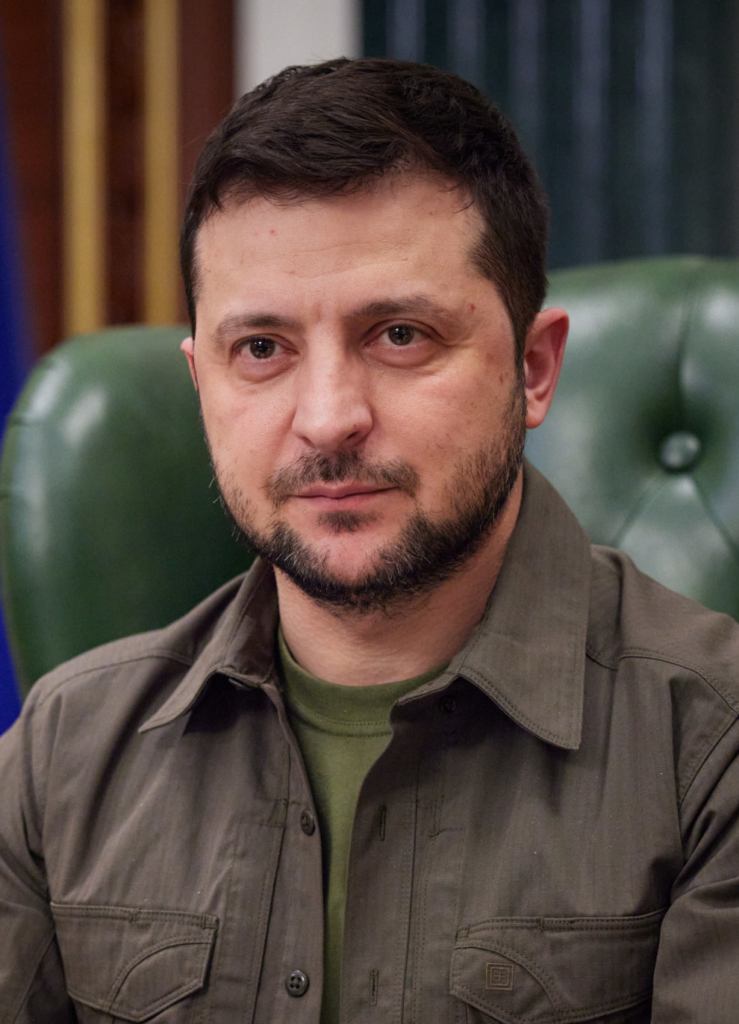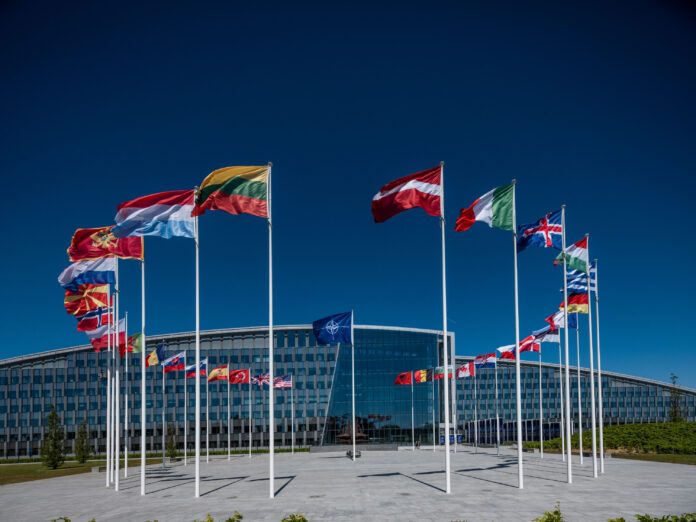As the NATO leaders’ summit in Vilnius, Lithuania approaches, the Ukrainian government finds itself at a critical juncture, desperately hoping for a “clear signal” that their aspirations of joining the alliance will be realized. The stakes couldn’t be higher as Ukraine seeks to anchor itself in the West’s security infrastructure and send an unequivocal message to Moscow. However, with negotiations still ongoing and doubts looming, the prospect of Ukraine’s NATO membership remains uncertain, leaving the nation contemplating its options should their hopes be dashed.
The United States, holding significant sway within the alliance, has been working to manage Kyiv’s expectations by emphasizing “security guarantees” instead of immediate membership. Many NATO allies argue that Ukraine’s ongoing conflict with Russia makes discussing membership nearly impossible until territorial disputes are resolved. While Ukrainian officials push for an invitation without a fixed date, they face scrutiny over the country’s military reforms and persistent corruption issues, which are concerns for Western politicians evaluating Ukraine’s application.
President Volodymyr Zelensky, in a recent interview, called on President Biden, the key decision-maker, to invite Ukraine into NATO immediately, acknowledging that membership cannot happen while Ukraine is engaged in the conflict with Russia. Despite the understanding of these limitations, Zelensky stressed the importance of a positive signal to demonstrate Western support.

Whether or not Ukraine secures NATO membership, Ukrainian officials seek urgent security commitments from Western nations. These commitments would not only encourage Moscow to withdraw its forces but also act as a deterrent against future Russian aggression. Russian President Vladimir Putin is believed to be banking on Ukraine’s Western supporters growing weary and halting their aid, making such guarantees all the more critical.
The specific details of the security package are yet to be finalized, but proposals for bilateral or multilateral agreements have been discussed. These agreements could potentially serve as mutual defense pacts or security memorandums with Ukraine, enhancing its security while bypassing the formal NATO membership process.
However, concerns remain regarding the effectiveness of such agreements in addressing Ukraine’s immediate security needs. No NATO ally has shown willingness to send their soldiers to fight in Ukraine, and the United States has hesitated to provide Ukraine with its most advanced weapons. Ukrainian officials emphasize that comprehensive security guarantees should include military, financial, and economic assistance and be genuinely reliable, unlike past agreements such as the Budapest Memorandum.
Regardless of the summit’s outcome, Ukraine risks finding itself in a familiar state of uncertainty, akin to the period after the 2008 Bucharest NATO summit. While Ukraine has received substantial support from the West, sustaining this assistance indefinitely is far from assured. The future commitment of Western governments will depend on the geopolitical landscape and potential changes in leadership.
The NATO summit provides an opportunity for the alliance to enhance its political relationship with Ukraine. The upgrade from the NATO-Ukraine Commission to a Ukraine-NATO Council aims to grant Ukraine more agency and facilitate regular meetings to address pressing issues. However, beyond this advancement, the specifics of the summit’s concluding declaration are still subject to intense negotiation, as NATO countries grapple with how to phrase their support for Ukraine without giving Russia a “veto” over membership.
Ukrainian officials argue that Ukraine has already proven its worth by actively countering Russian aggression, aligning with NATO’s original mission to deter Soviet aggression. As the only army in the world currently fulfilling this role, they believe Ukraine’s merits speak for themselves, making a strong case for NATO membership.
As the summit approaches, the anticipation and hopes of the Ukrainian people reach a fever pitch. A formal invitation to join NATO would send a powerful message to Russia that Ukraine is no longer viewed as a mere buffer zone. Civil society activists emphasize that the consequences of inaction or further delay would be dire, allowing evil to prevail over the innocent lives caught in the crossfire.
The NATO summit in Vilnius is poised to be a watershed moment for Ukraine, holding the potential to reshape its destiny. Whether it results in a long-awaited invitation to join NATO or falls short of expectations, the outcome will reverberate across Ukraine, impacting its standing in the international community and its ability to secure a lasting and peaceful future.


